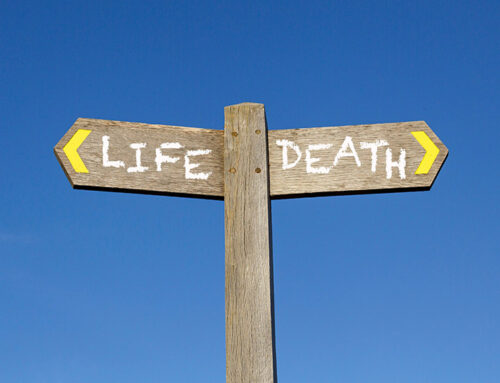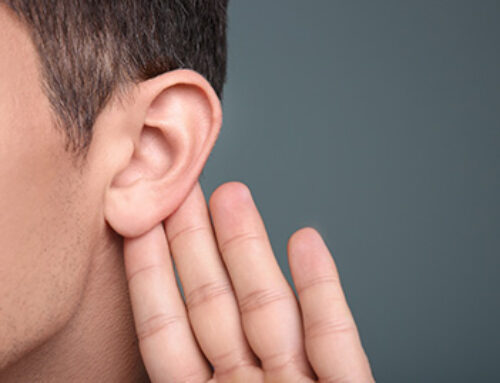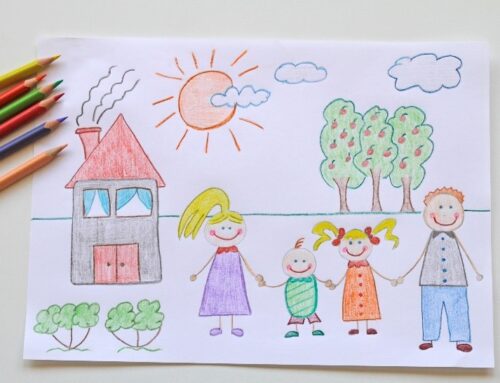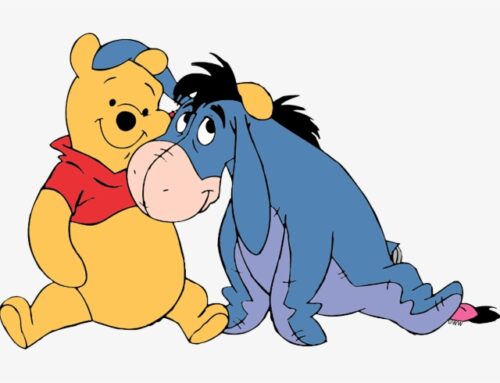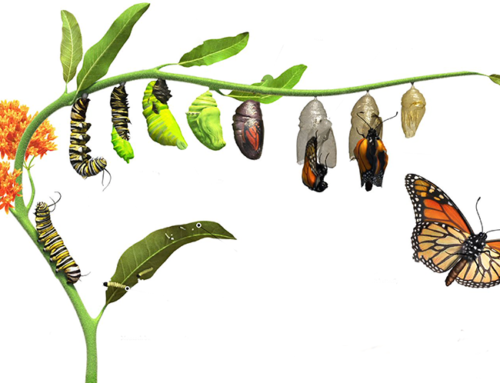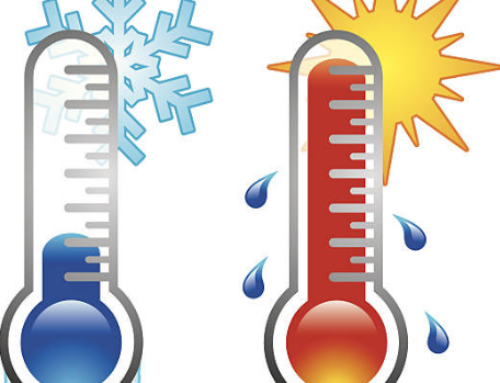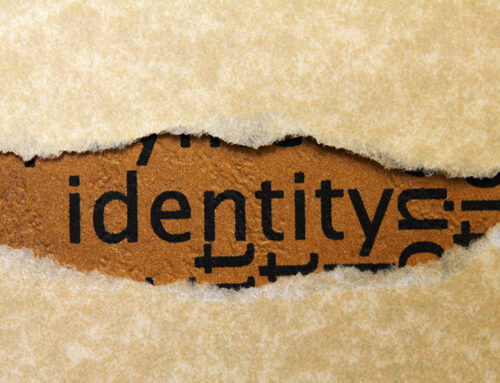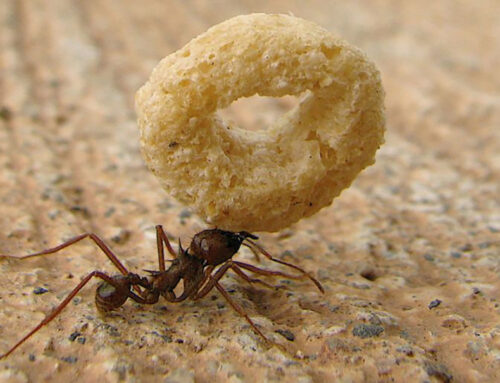I drove by two middle-aged men standing on a sidewalk in Calgary. They were kissing each other on the cheeks and my first thought was, “They must be gay.” I took another look and I remembered seeing similar looking men greeting and kissing each other in Ukraine.
The kiss in the ancient world was both a friendly sign of greeting and an emotional symbol of farewell. A common salutation in the East, kissing occurs in the Old Testament as a sign of affection between relatives, an expression of love, or lust, or as a token of respect. The kiss was a common courtesy greeting amongst the Rabbis. In the early Christian church, it became a holy, or consecrated, kiss.
In one congregation a variation of this practice got a little out of hand …

Dr. Sidney Jourard sat in coffee shops all over the world and counted the times he saw one person touching another. His results were startling. In Puerto Rico he counted 180 touches in an hour; in France 110; in the United States, only 2. In England, none. Touch can bring emotional healing and communicate acceptance to another. It breaks down barriers. It’s almost impossible to feel at odds with someone you are touching.
In an age of sexual abuse and lawsuits, however, touching must be used sensitively. Some people do not want to be touched. They will usually give off visible clues. My Muslim friend informed me that she is not to shake hands with a man. Sometimes the best you can do is eyeball-to-eyeball contact.
Touch is the language of physical intimacy, the most powerful of all the communication channels. Because of this, touch is governed and protected by many unspoken (but visible) rules. There are five categories based on role and relationship:
1) Functional-professional touches. In this case touching fulfils a purpose, and the person touching fulfils a special role, such as a doctor, barber or tailor.
2) Social-polite touches. Used here for greeting, appreciation and cordiality among business associates and strangers.
3) Friendship-warmth touches. This expresses concern and caring for extended family, neighbours and work mates.
4) Love-intimacy touches. These show affection and caring between close family members and special friends.
5) Sexual arousal touches, in an erotic context. Many women exchange sex for the love-intimacy touches that they are craving. Dad, if you do not show your daughter affection she may go looking for it elsewhere!
The Montreal Children’s Hospital cares for youngsters of all ages. The hallways are busy with doctors and nurses making their rounds. Peaceful amid the hubbub, a smiling grandmother named Bookie Rosen cuddles a baby girl who fusses weakly in her crib.
Rosen is a baby-cuddler. She arrives at the hospital before 7:30 a.m. and works five days a week helping the overburdened staff, feeding, changing and bathing the children.
“Babies and children perceive our feelings for them through their skin,” says Bibiane D’Anjoy, the hospital’s director of children’s activities. “The warmth of another body, the pa-tung, pa-tung, pa-tung of another heartbeat are reassuring to them. When their condition is critical they need it even more.”
Some researchers claim there is a correlation with self esteem: people who touch a lot are more self confident, secure about others, and have less stress and anxiety. Touch is also related to status; high status individuals feel freer to touch low status individuals than the other way around.
Jesus demonstrated love by touching some of the lowest members of the social pecking order in Mark 10:13-16:
People were bringing little children to Jesus to have him touch them, but the disciples rebuked them. When Jesus saw this, he was indignant. He said to them, “Let the little children come to me, and do not hinder them, for the kingdom of God belongs to such as these. I tell you the truth, anyone who will not receive the kingdom of God like a little child will never enter it.” And he took the children in his arms, put his hands on them and blessed them. NIV
Am I saying that you should be touchy/feely, all gushy and syrupy? No! Touching is a powerful form of communication that can be used or abused. Am I saying that you should go plant one on the lips of someone in your next church meeting? No! In our culture, there are appropriate and inappropriate ways to express friendliness to others.
Physical signs of affection can be good or bad; it is important to know the difference. There are times to avoid a show of affection: when your emotions are unstable, when the other person pulls away, or when it is not a sincere expression of your feelings. There are times when an expression of affection is helpful: in the face of loss, in the face of discouragement, and in the face of rejection. Affection can demonstrate God’s unconditional acceptance, but it must be sincere.
“Well, I’m just not a hugging kind of guy,” you might say. Well, neither am I! I grew up in a home where there was not a lot of hugging and kissing. It has taken quite an effort to change in this area and become more expressive in my affection toward others.
Just remember, kissing is a do-it-yourself job. Don’t be like the man who hadn’t kissed his wife in twenty years but shot the man who did!
It has been known for centuries that an infant who is not loved, touched and caressed will often die of a strange disease initially called marasmus. They simply wither up and die before their first birthday. Evidence of this emotional need was observed in the 13th century, when Frederick II conducted an experiment with 50 infants. He wanted to see what language they would speak if they never had the opportunity to hear the spoken word.
To carry out his dubious research project, he assigned foster mothers to bathe and feed the children, but forbade them to cuddle, pet or talk to their charges. The experiment failed miserably because all 50 babies died! Hundreds of more recent studies indicate that the mother/child relationship during the first year of life is apparently vital to the infant’s survival. An unloved child is truly the saddest phenomenon in all of nature.
Why would we believe that our basic needs for health and happiness are any different today? Receive and share the power of touch!

